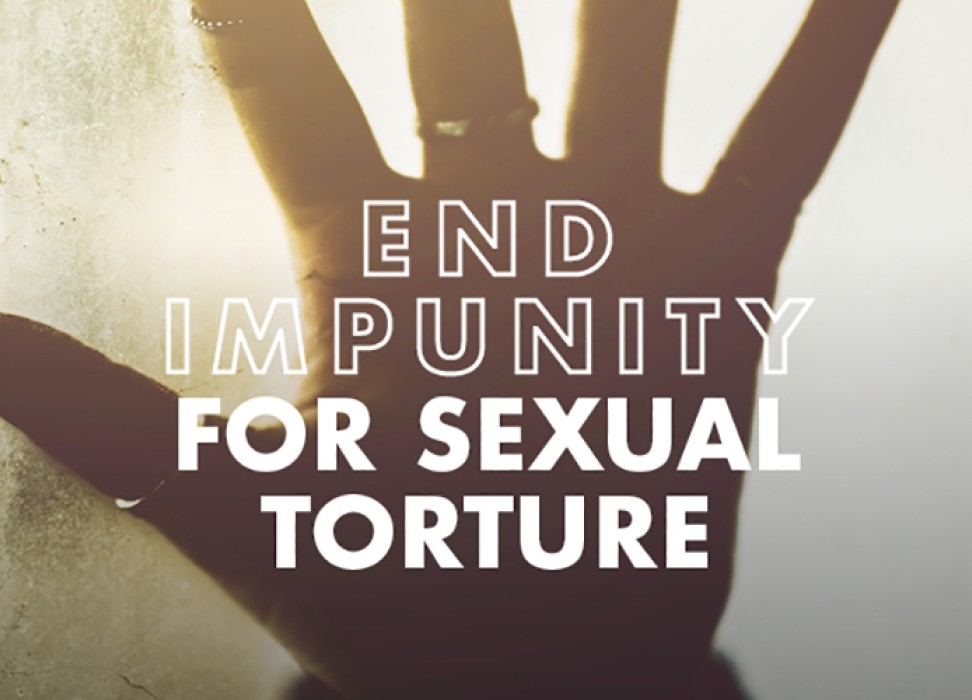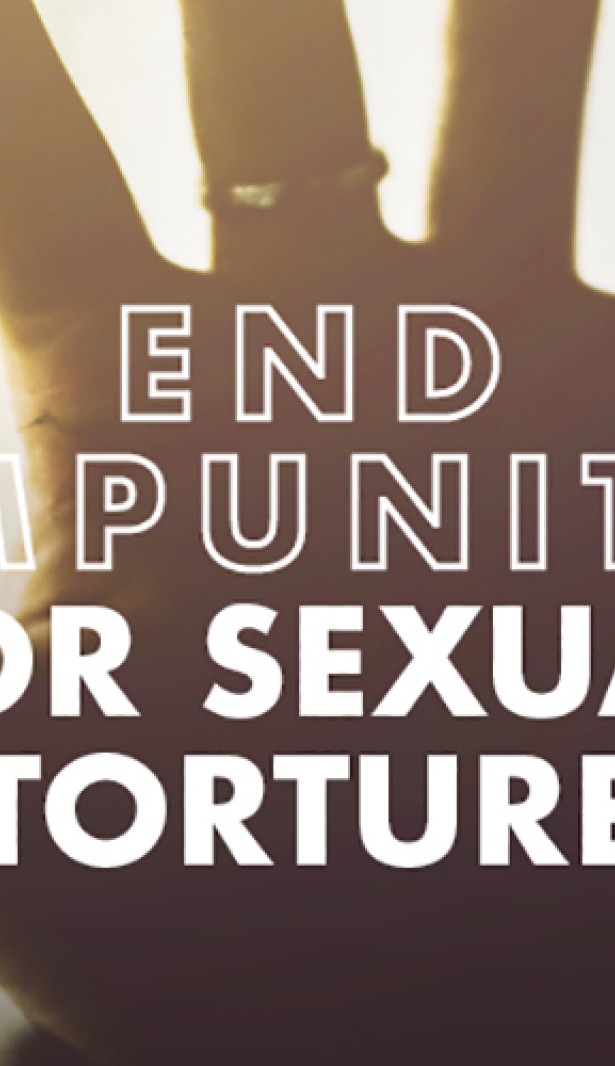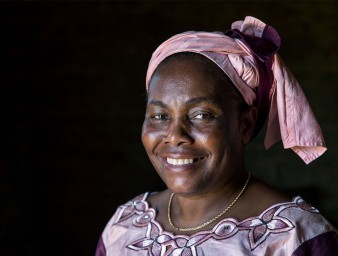Experts recognise sexual and gender-based violence amounting to torture
15 April 2019

Daniela Aguirre Luna has seen the difference having sexual and gender-based violence (SGBV) recognized as a means of torture can make.
The human rights lawyer, with the Human Rights Centre Miguel Agustin Pro Juarez in Mexico, helped to bring the case of 11 women who were victims of SGBV at the hands of law enforcement authorities before the Inter-American Court of Human Rights. The women were some of the survivors of a police crackdown of a protest that took place in the San Salvador Atenco region of Mexico in 2006. During the protest, 47 women were arrested and many were sexually abused by the authorities while in detention.
In 2018, the Court ruled that what these women had experienced was torture and condemned the Government for serious human rights violations against the women including arbitrary arrest, psychological and sexual torture, and lack of access to justice.
This recognition that what these women went through, including sexual and gender-based violence, amounted to torture has had a profound effect not just on those 11 survivors but others who had also suffered, Aguirre said.
"The women made the invisible visible [by highlighting] that there were other women in prison. . .who had survived events that can be called torture," she said. "This recognition was not just for them, not just the survivors of Atenco but for other women, who are still in prison. It has made the survivors of sexual torture visible."
The push for recognition that SGBV can amount to torture, in particular when the State is complicit or fails to investigate and prosecute SGBV or protect and provide support to survivors, was the focus of a two-day workshop by the UN Voluntary Fund for Victims of Torture. The workshops brought together practitioners, experts and survivors from around the world to discuss specific needs of rehabilitation and redress of torture survivors who were victims of sexual and gender based violence.
The importance of recognising that SGBV can amount to torture is critical, said Gaby Oré Aguillar, a member of the Fund Board of Trustees. On an international and national level, such a move brings with it particular obligations of governments toward victims including redress and reparation for survivors, she said.
"It generates obligations for States to eradicate SGBV, but it also makes them accountable to provide the right rehabilitation and services to victims of SGBV amounting to torture," Oré said.
It also makes it easier for individuals or organisations to better advocate on behalf of victims, said Ann Campbell, co-executive director with Validity. Validity is an international NGO that uses the law to secure equality, inclusion and justice for people with mental disabilities. She said recognising certain cases of SGBV amounting to torture would give them greater access to justice for their clients.
"If SGBV against people with mental disabilities was recognised as torture, it would allow us to more easily initiate criminal complaints on behalf of victims; access services and supports for victims of torture; include with disabilities in compensation and redress schemes; and leverage legal prohibitions on torture to secure prosecutions and legal redress," Campbell said.
For nearly 40 years, the Fund has assisted victims of torture and their families to rebuild their lives. It does this by providing immediate and accessible remedies through awarding grants to organisations who provide help.
This year, the Fund will support 155 projects in 77 countries, assisting 40,000 victims of torture. While the Fund has always supported assistance for SGBV victims, this year it will receive a special focus. The Fund will support 76 projects that provide rehabilitation and redress to victims of SGBV, nearly half of the awarded projects this year.
Oré said this focus is a necessary move. With the increase in conflicts globally, where SGBV has been increasing used, there are growing numbers of victims who need support, she said.
"Unfortunately SGBV is really pervasive . . . and recognising this as torture really helps us to meet the specific needs of individuals who have been tortured," Oré said. "Hopefully these victims of SGBV will be better served, and their right to redress and rehabilitation will be fulfilled."
If your organization assists victims of torture, learn about how to make an application to the Fund.
Want to contribute to the Fund’s assistance to more than 40,000 victims of torture and their families? Donate to the fund.
15 April 2019




